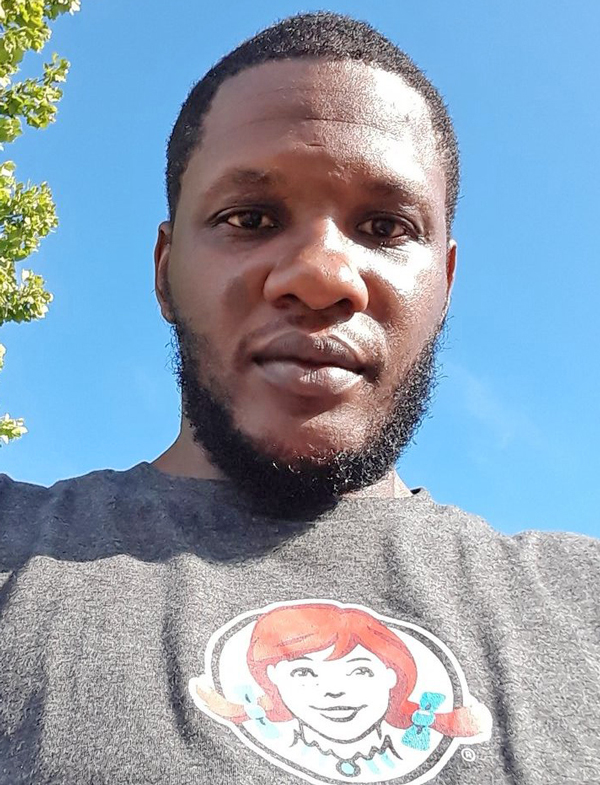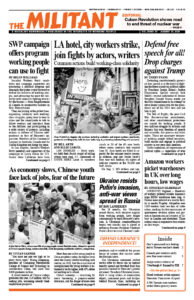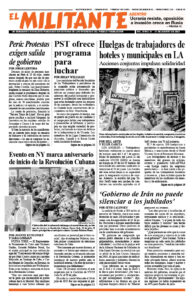A New York Times article in July claimed the “U.S. unemployment rate is hovering near lows unseen since the 1960s” and “everyone who wants a job, has a job.” At the same time, it pointed to one problem: “Ex-Prisoners Face Headwinds as Job Seekers, Even as Openings Abound.”
Of course, a lot of those jobs aren’t so hot. According to the Bureau of Labor Statistics, there are at least 4 million people today working part time who want, but can’t find, full-time jobs. And nearly one-third of all workers in the U.S. make less than $15 an hour.

That reality is even harsher for those who have spent time in prison. Today there are nearly 1.9 million people in federal, state and local prisons in the U.S., 830,000 on parole and 2.9 million on probation.
A staggering 64% percent of unemployed men in their 30s have a criminal record, including those who have an arrest on the books, were convicted or served prison terms. The statistics are worse for workers who are Black and Hispanic.
According to the Brookings Institution, in the first year after being released, only 55% of former prisoners report having any job at all. Of those, 4% earned less than $500, and 32% earned between $500 and $15,000 that year.
Tom Haney, a former prisoner and president of Books Through Bars in Philadelphia, which sends donated books free to prisoners, told the Militant that the so-called justice system does almost nothing to prepare inmates for work when they get out.
“Just like in the schools now, everything is being cut — libraries, skills training, sports, the arts. Prisoners can’t even get art supplies, except maybe colored pencils, let alone train for a job,” Haney said. “They might have one or two computers for hundreds of prisoners. Teachers from Penn State used to teach in prison programs, but that’s gone.”
There are some jobs like repairing shoes and sewing clothing in the Pennsylvania prisons. But because many garment and textile factories have closed, this doesn’t help much with job hunting once released, he said.
“The longer a person has languished in prison, the lower is his ability to find a job. As hard as it is for all people in their 60s and 70s to find work, it’s even harder for older prisoners,” Jose Hamza Saldana, director of New York’s Release Aging People in Prison group, told the Militant. “Who’s going to hire you?”
“Plus health care in the prisons is so bad that when inmates who have served longer sentences get out, they have to prioritize getting their health back and putting a roof over their head even before they can look for work,” Saldana added. “And they have background checks for housing, too!”
It is now illegal in some dozen states for bosses to ask applicants for many jobs if they have a criminal record. Even there employers are allowed to conduct background checks after offering someone a job, and use information on arrests or convictions that pop up to drop the job offer. “The background checks really hurt looking for jobs,” said Saldana. “We need to make it so landlords and employers cannot do them.”
“Millions of former prisoners face discrimination. They are denied the right to vote, to get decent housing, go to school or get a job,” Laura Garza, Socialist Workers Party 2024 candidate for U.S. Senate from California, told the Militant.
“Along with fighting for a public works program, to put people to work at living wages to build housing, child care centers, mass transit, hospitals and other things working people need, the unions need to fight to end the discrimination against those who have a record,” Garza said. “This is part of uniting the working class.“

